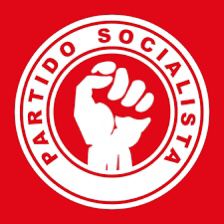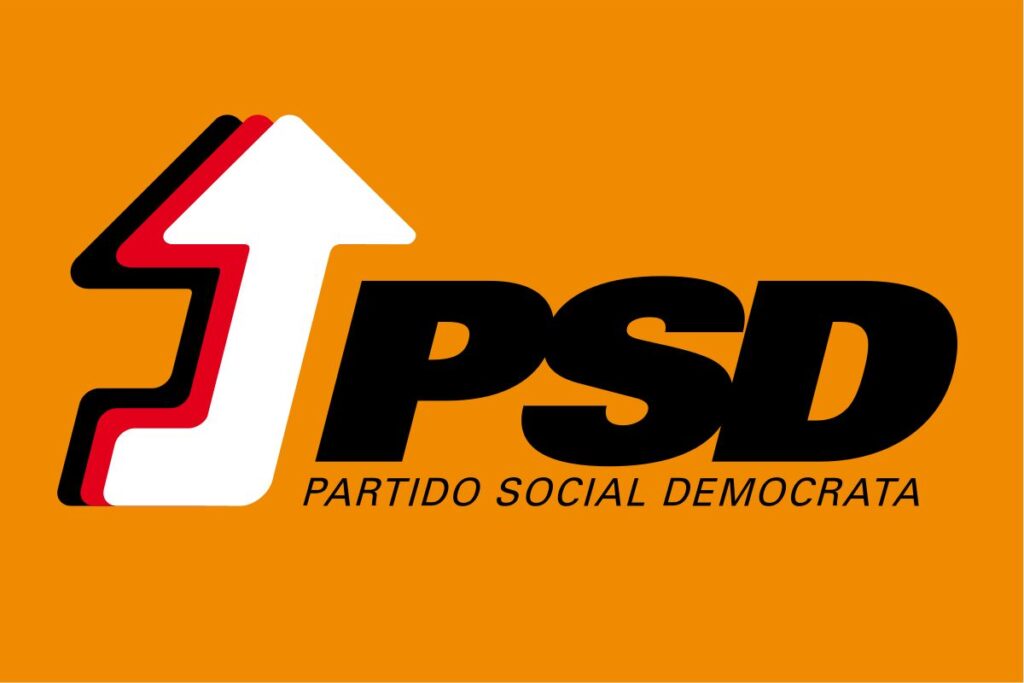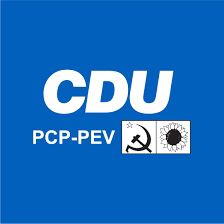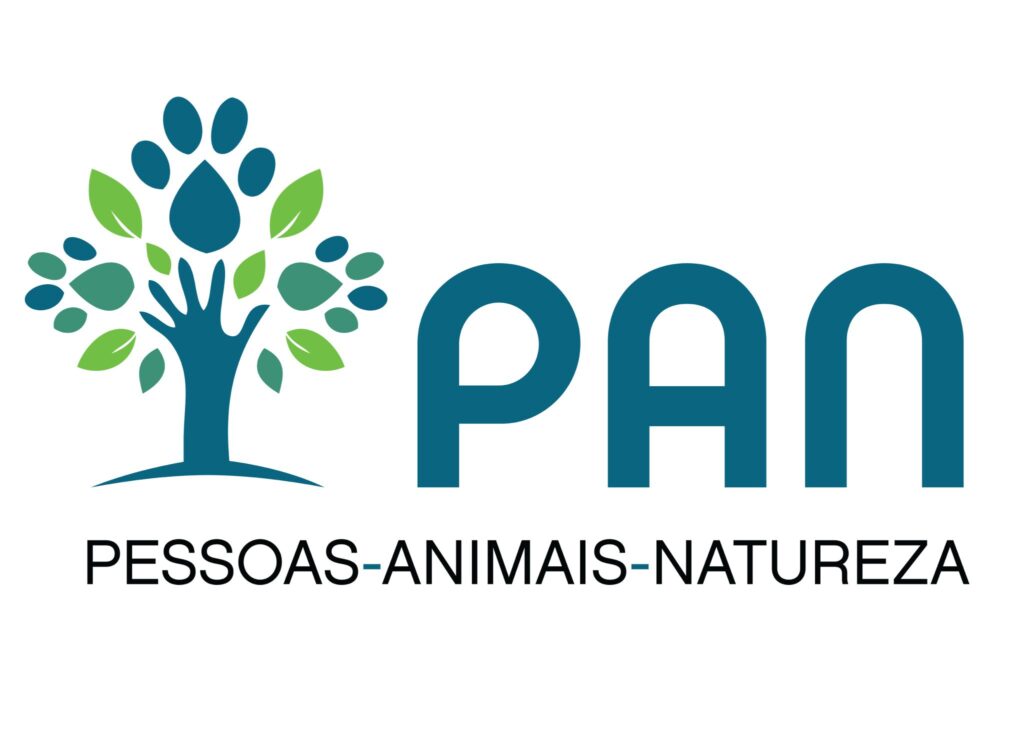Portugal holds a general election on 10 March – the third in five years. The election follows the sudden resignation of the Socialist Prime Minister, António Costa, last November, when corruption charges were brought against some of his associates. But as polling day approaches, the outlook appears uncertain. There may be no winner in this election.
When President Marcelo Rebelo de Sousa opted to dissolve the National Assembly following Costa’s resignation, he precipitated Portugal’s third general election in five years. Costa had been Prime Minister since 2015, initially heading a coalition of left-wing parties and eventually, after the last election in 2022, securing an overall majority for his Socialist Party. However, this election looks set to end that period of stability. According to polls, no party has managed to secure anything close to majority public support; the two main parties seem to be losing support, and minor parties are gaining.
Here are the main contenders, in order of their vote share at the last election:

The Socialist Party
Its new leader, Pedro Nuno Santos, is further to the left than his predecessor. The party is proposing intervention in the economy to boost selected sectors, an increase in the minimum wage from the current €820 a month to €1000 by 2028, protection for the purchasing power of the state pension, a cap on rent rises and increased salaries for doctors and teachers.
2022 vote: 41.4% | Current poll average: 29%

The Social Democrats
Its new leader, Luís Montenegro, has struggled to improve the party’s standing since its heavy defeat in 2022. The party is proposing to lower taxes, give first-time buyers an exemption from property taxes, amend immigration policy to attract talented migrants, reduce school testing, and ensure access to a family GP for all.
2022 vote: 29.1% | Current poll average: 26%

Chega
The right-wing populist ‘Enough’ party has boosted its support following the collapse of the last government. The party is proposing significantly lower taxes, controlled and reduced immigration, and strong anti-corruption measures.
2022 vote: 7.2% | Current poll average: 17%

Liberal Initiative
The small right-wing party is proposing strong anti-corruption laws, lower taxes, decentralised power, zero-based budget reviews, improved government transparency, and greater competition in the provision of health services.
2022 vote: 4.9% | Current poll average: 6%

Left Bloc
The small grouping of hard left parties proposes higher public salaries, a large house-building programme, increased healthcare, more teachers, and fairer taxation.
2022 vote: 4.4% | Current polling average: 8%

Communist/Greens
The two parties contest elections in a pact, the Unity Democratic Coalition. The group is proposing higher public sector salaries and higher pensions, a freeze on rents, a cap on food price rises, more early retirement options and greater environmental protection.
2022 vote: 4.3% | Current poll average: 3%

People, Animals, Nature (PAN).
The party proposes a renewed emphasis on human rights, greater animal protection and welfare, and enhanced environmental protection.
2022 vote: 1.6% | Current poll average: 3%
Portugal uses a system of proportional representation. The assembly comprises 230 members and seats are allocated to regions according to population. Within each constituency, seats are allocated proportionally according to the number of votes won by each of the parties. This ties the number of seats won by each party closely – but not precisely – to its vote share. To win outright, a party generally needs to be significantly above 40% in the vote share. In this election, neither of the two main parties is close to that.
An inconclusive result on 10 March would trigger the start of coalition negotiations. If the Socialists are the largest group, they will be looking to recruit the smaller left-wing parties that supported their previous administrations. But if, as polls suggest, the Socialists lose a significant number of their own seats, there may not be sufficient numbers in the other left-wing parties to get them over the line.
If the conservative Social Democrats try to form a coalition, the obvious candidate is Chega, but so far Montenegro is ruling this out. Without them, there will probably not be enough numbers in the other small right-wing parties to get them over the line either.
The voting on 10 March may be the easy part in this election!
James Plaskitt is a retired politician who was a member of the British Parliament from 1997 until 2010. He now lives in the Algarve.













